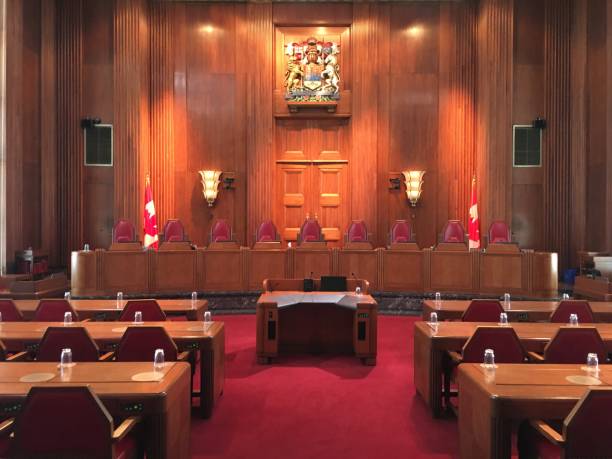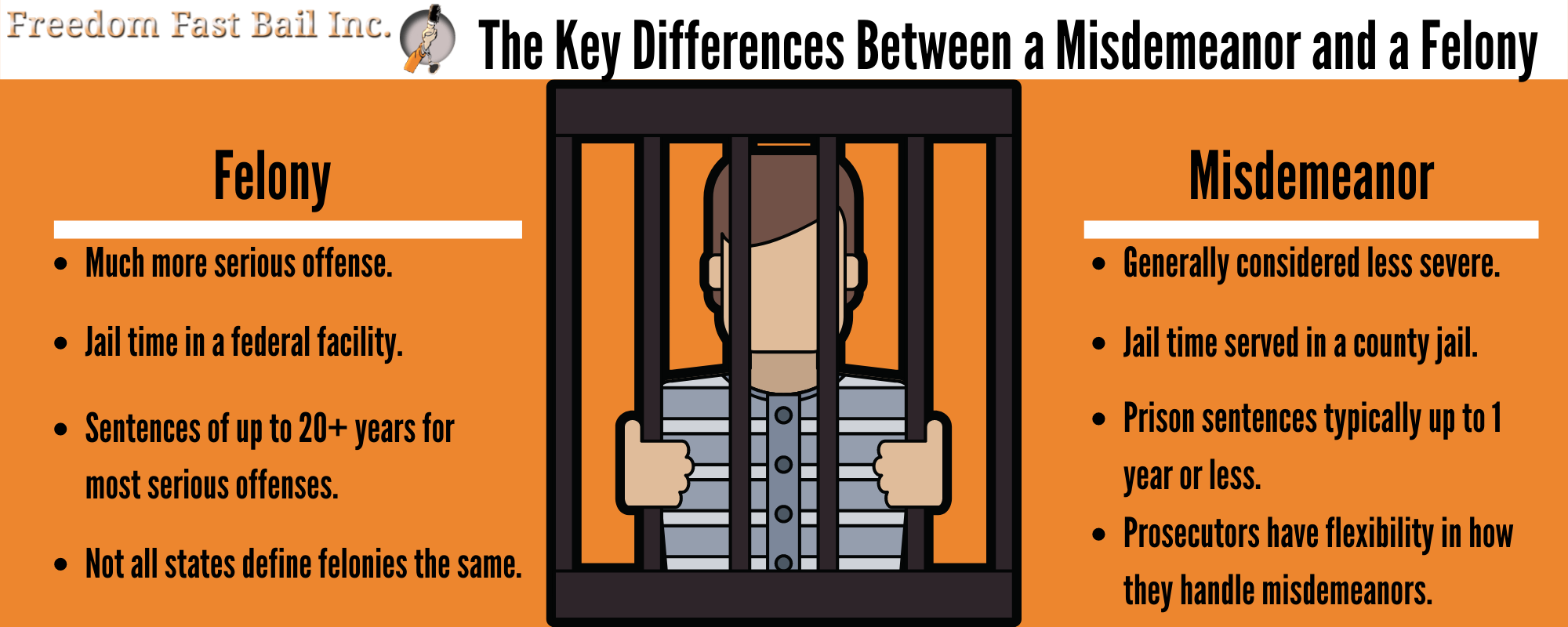Legal glossary
This glossary is made for paralegal technologies students to help them translate legal terms
- Accused
- noun
- a person or group of people who are charged with or on trial for a crime.
- Example: In terms of the marginality of the women 'many women ACCUSED of witchcraft in Kent were active and integrated in local society, rather than passive and isolated' and '...able to draw upon at least some support when they were ACCUSED'.
- fr: Accusé
- Act
- noun
- a thing done; a deed.
- Example: The Wild Animal Licence has been part of the law since the Dangerous Wild Animals ACT of 1976.
- fr: Acte
- Affidavit
- noun
- a written statement confirmed by oath or affirmation, for use as evidence in court.
- Example: "a former employee swore an affidavit relating to his claim for unfair dismissal"
- fr: Déclaration sous serment
- Allegation
- noun
- a claim or assertion that someone has done something illegal or wrong, typically one made without proof.
- Example: "after leaving he made allegations of corruption against the company"
- fr: Allégation
- Apellant
- noun
- a person or party who appeals a court's judgment
- Example: The appellant plead guilty to having perpetrated a criminal act.
- fr: Demandeur
- Attorney
- a person appointed to act for another in business or legal matters.
- Example: "he's an attorney who has a practice in San Diego"
- fr: Avocat

- Contract
- noun
- a written or spoken agreement, especially one concerning employment, sales, or tenancy, that is intended to be enforceable by law.
- Example: "both parties must sign employment contracts"
- fr: contrat

- Civil Code of Quebec
- noun
- The Civil Code comprises a body of rules which, in all matters within the letter, spirit or object of its provisions, lays down the jus commune, expressly or by implication. In these matters, the Code is the foundation of all other laws, although other laws may complement the Code or make exceptions to it.
- fr: Code civil du Québec
- Court
- noun
- a tribunal presided over by a judge, judges, or a magistrate in civil and criminal cases.
- Example: "she will take the matter to court"
- fr: cour

- Defendant
- noun
- an individual, company, or institution sued or accused in a court of law.
- Example: "the defendant tried to claim that it was self-defense"
- fr: Défendeur

- Felony
- noun
- a crime, typically one involving violence, regarded as more serious than a misdemeanor, and usually punishable by imprisonment for more than one year or by death.
- Example: "he pleaded guilty to six felonies"
- fr: Crime

- Fraud
- noun
- wrongful or criminal deception intended to result in financial or personal gain.
- Example: "he was convicted of fraud"
- fr: Fraude

- Hearing
- noun
- an opportunity to state one's case.
- Example: "I think I had a fair hearing"
- fr: Audience

- Lawsuit
- noun
- a claim or dispute brought to a court of law for adjudication.
- Example: "his lawyer filed a lawsuit against Los Angeles city"
- fr: poursuite
- Jurist
- noun
- an expert in or writer on law.
- Example: It was considered the cornerstone of legal thought, but as a JURIST Maine accused its content as artificial.
- fr: juriste

- Mistrial
- noun
- a trial rendered invalid through an error in the proceedings.
- Example: "the judge dismissed the charge and declared a mistrial"
- fr: annulation du procès
- Notary
- noun
- a person authorized to perform certain legal formalities, especially to draw up or certify contracts, deeds, and other documents for use in other jurisdictions.
- Example: While certifying the signature on the document, NOTARY must see identification.
- fr: notaire
- Prejudice
- noun
- harm or injury that results or may result from some action or judgment.
- Example: "prejudice resulting from delay in the institution of the proceedings"
- fr: préjudice
- Oath
- noun
- a solemn promise, often invoking a divine witness, regarding one's future action or behavior.
- Example: "they took an oath of allegiance to the king"
- fr: serment

